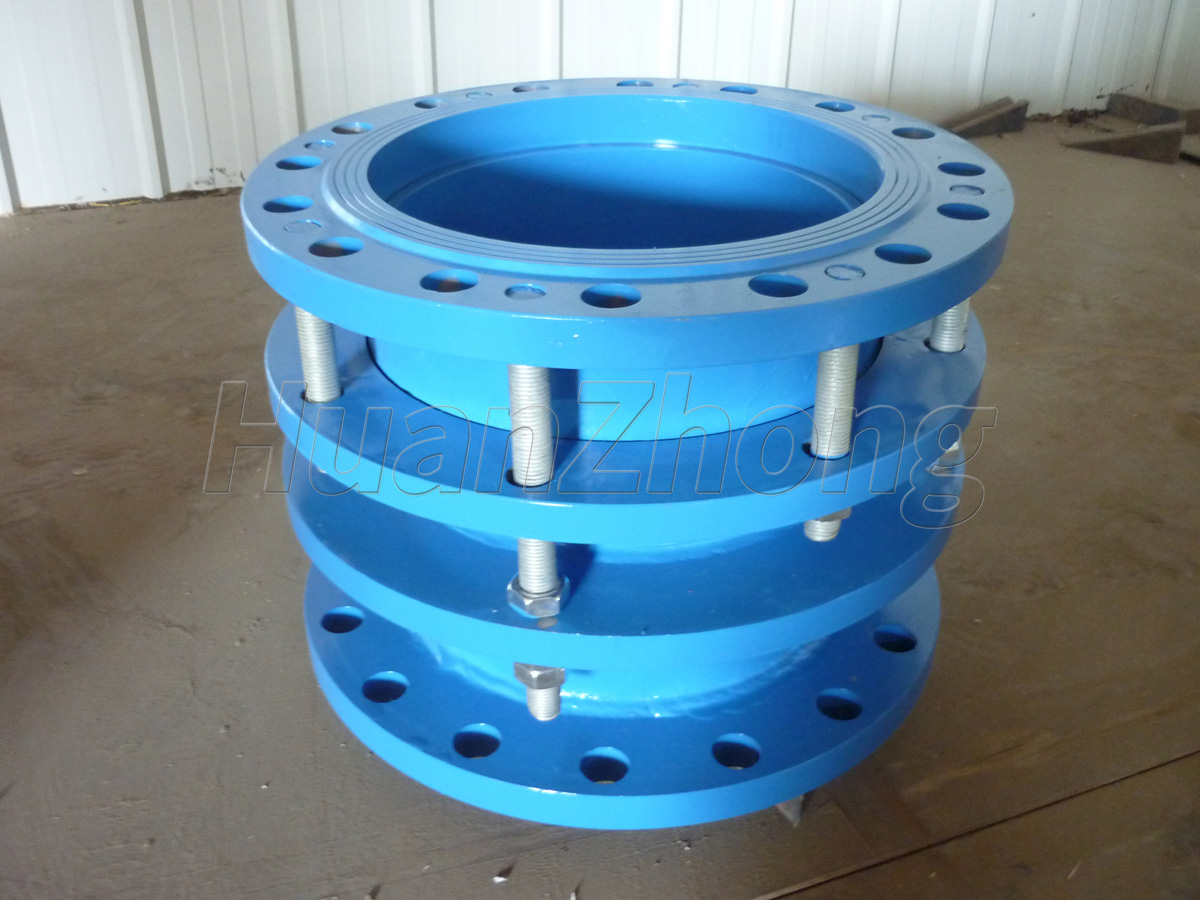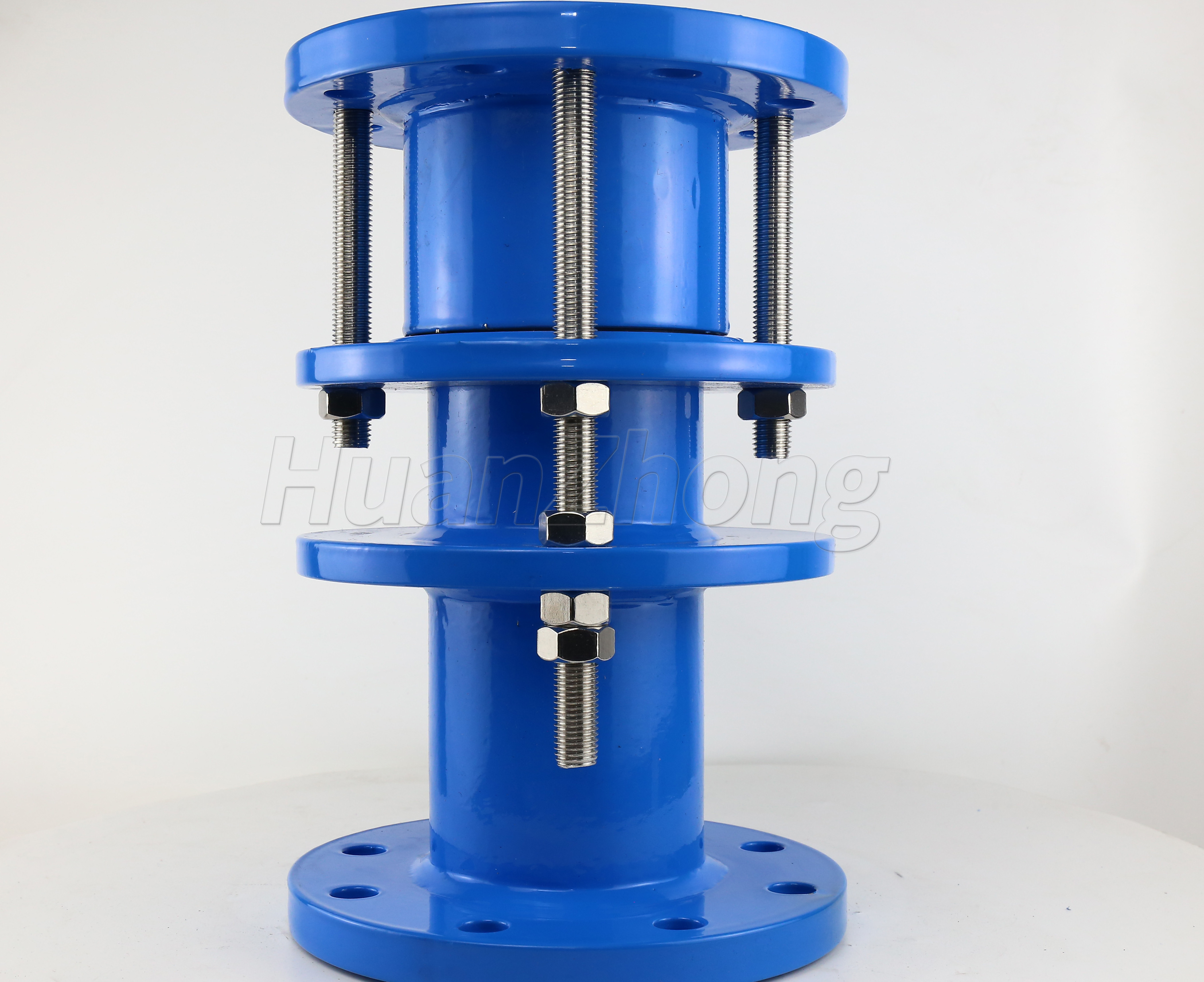Will the double flange expansion joint rust and how to prevent it?
The addition of 0.5% vanadium in the double flange expansion joint can refine the tissue grain and improve the strength and toughness. The carbide formed by vanadium and carbon can improve the resistance to hydrogen corrosion under high temperature and pressure. Niobium can refine the grain and reduce the superheat sensitivity and tempering brittleness of double flange expansion joint, improve the strength, but plasticity and toughness are reduced. The addition of niobium in double flange expansion joints can improve the resistance to atmospheric corrosion and hydrogen, nitrogen and ammonia corrosion at high temperatures.

Adding niobium to double flange expansion joints prevents the phenomenon of intergranular corrosion. By simply changing the forming angle, large-diameter double-flange expansion joints of various calibers can be produced from double-flange expansion joints of the same width; under the condition that the circumference is flat, the circular area is larger and more fluid can be transported with circular tubes. In addition, the circular cross section is more evenly stressed when receiving internal or external radial pressure.
A center line is pulled with steel wire from the entrance to the exit of the unit and adjusted so that each frame hole type is on a center line and the forming bottom line meets the technical requirements. When the double flange expansion joint is replaced according to the requirements, in order to ensure the welding quality of industrial stainless steel 304 welded pipe, it is also necessary to adjust the forming roller, guide roller, extrusion roller and sizing roller once.

Control the weld direction of the double flange expansion joint and the height of the bottom line of the billet, ease the edge extension, control the billet edge rebound, and ensure that the pipe seam is flat and straight without twisting into the extrusion roller. Hot dip galvanizing is to dip the double flange expansion joint after rust removal into the high temperature ablation of zinc solution at about 600℃, so that the double flange expansion joint exterior adheres to the zinc layer, the zinc layer thickness shall not be less than 65μm for thin plates below 5mm, and not less than 86μm for thick plates, and then play the intention of corrosion prevention.
The emergence of light steel structure system in the pressure plate, etc.. Hot-dip galvanizing is also used more often to prevent corrosion. The first process of hot-dip galvanizing is pickling and rust removal, followed by cleaning. These two processes are not complete will leave a danger to the double flange expansion joint 304 anti-corrosion, so it is necessary to deal with complete.

